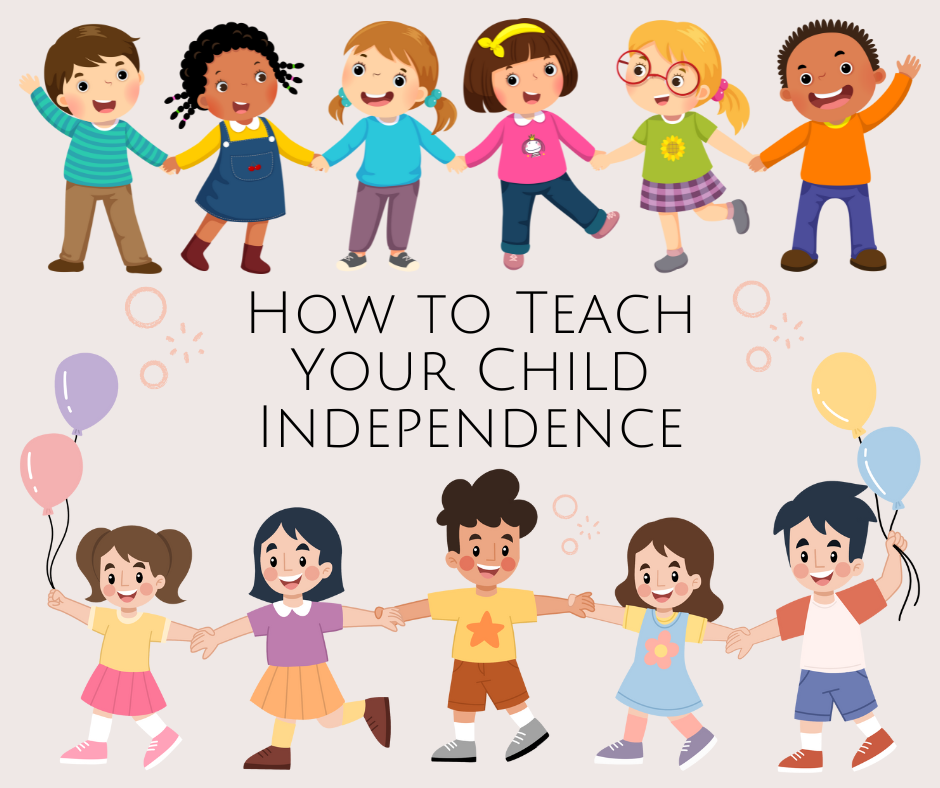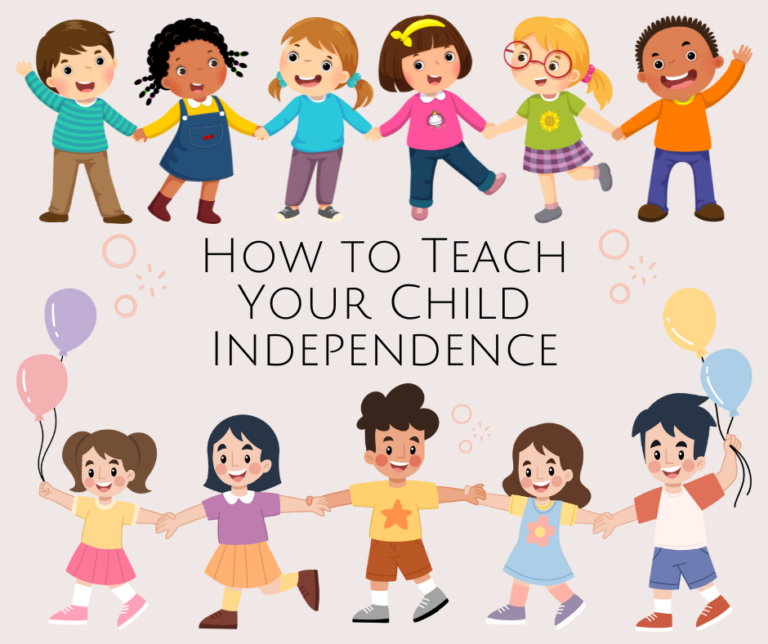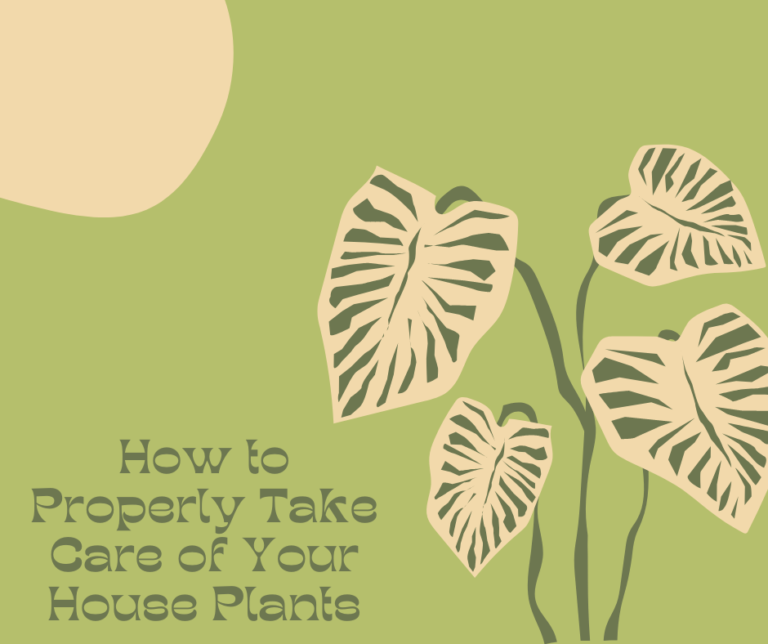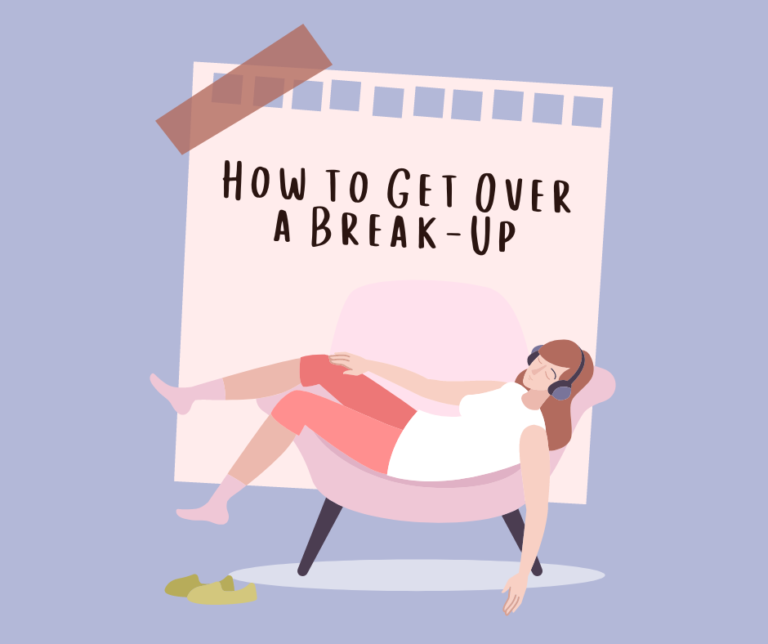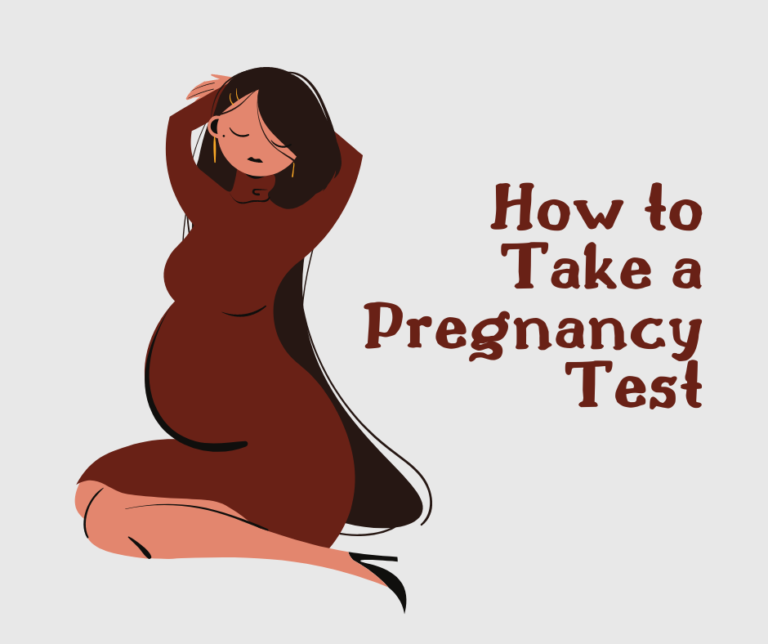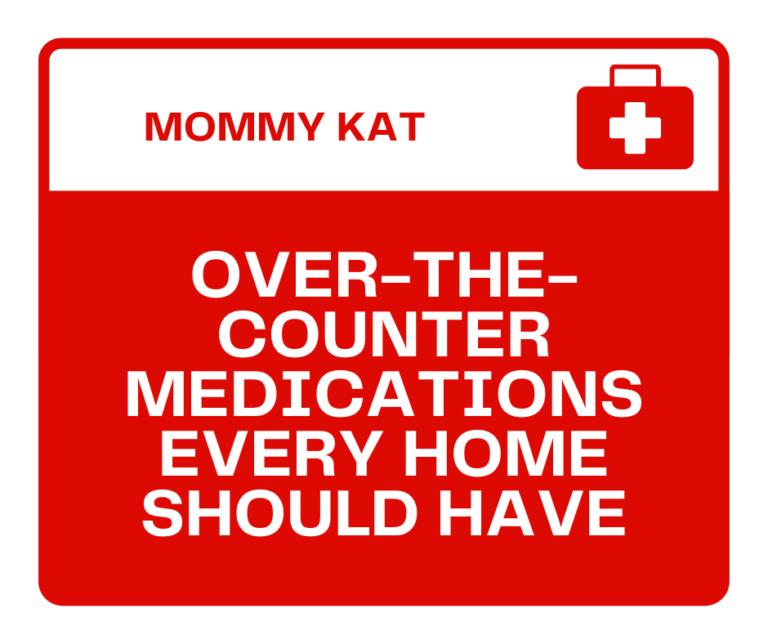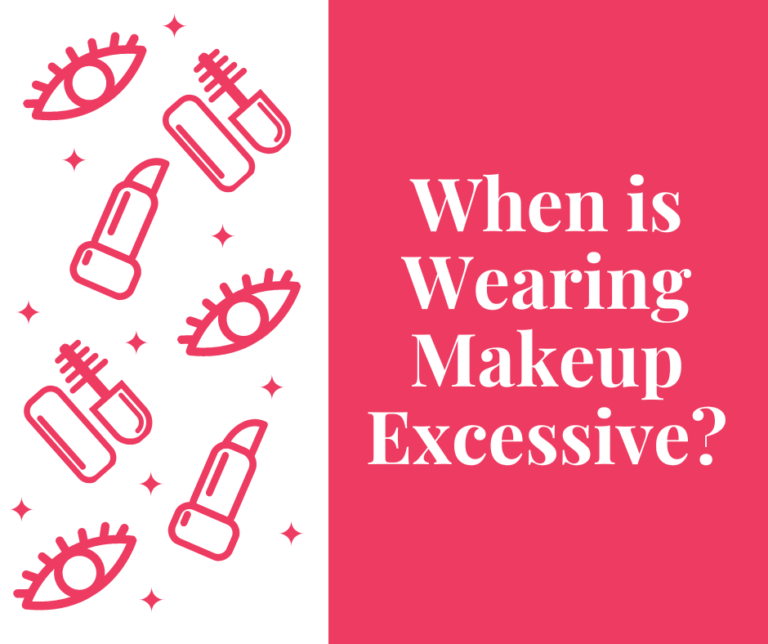As parents, it is our responsibility to raise our daughters to not only respect other people in society but be respected as well. The only way to ensure that is to treat them like how we want others to treat them in the real world! Without people to show them love and kindness and respect during their childhood and adolescence, our daughters would have a harder time navigating society.
It is important to say kind things to our daughters because words have a profound impact on their self-esteem, confidence, and overall well-being. Encouraging words can boost their self-worth and help them believe in themselves and their abilities. Kind words can also foster a positive and supportive environment, strengthening the bond between parent and child.
By affirming and uplifting our daughters, we can help them develop a healthy sense of self, resilience, and the ability to handle challenges in a world where they are judged for being women. Additionally, kind words can help build a foundation for a positive self-image and healthy relationships throughout their lives.
And while being kind to our daughters seems easy enough, several normalized statements are actually very discouraging towards them. We’ve listed a few of them down below and explained why they’re bad.
1. “You’re Too Fat,” or “You’re Too Thin.”
Saying “You’re too fat or too thin!” can have negative impacts on a person’s self-esteem and body image, leading to disordered eating and body dysmorphia. Such comments can contribute to a toxic culture around weight and body size. It’s important to focus on health rather than appearance and to accept people for who they are no matter what they look like. Whether they’re too fat, too thin, or just right is irrelevant to anybody who’s not your healthcare provider—you’re always worthy of respect!
2. “You’re Too Sensitive.”
Saying “You’re too sensitive!” dismisses a person’s feelings and invalidates their emotions, causing them to suppress their feelings or feel ashamed for having them. This can lead to emotional repression, low self-esteem, and a lack of empathy in relationships. It’s important to acknowledge and validate emotions and encourage the healthy expression of feelings.
These types of words also encourage gaslighting in relationships. The more you belittle someone’s feelings, the more they normalize this behavior and think it’s part of every relationship. This leads to more abusive relationships that are bereft of respect and love.
3. “You’re Just Like Your Mother.”
Saying “You’re just like your mother,” can be harmful as it implies that the person is limited in their personality, behavior, and choices and is not allowed to develop their own unique traits and identity. Such a statement can cause a person to feel inadequate, unimportant, and unable to form their own identity. It’s important to appreciate and encourage individuality in people.
4. “You’re Too Aggressive.”
Saying “you’re too aggressive” to a girl can perpetuate harmful gender stereotypes and stifle their assertiveness and leadership qualities. This can lead to a girl feeling ashamed of speaking up, standing up for herself, and pursuing her goals with confidence. Such a comment can limit her potential and prevent her from reaching her full potential. It’s important to encourage girls to be confident and assertive and to assert their opinions and pursue their goals, especially in the face of people who think she’s weaker simply due to traditional gender roles.
5. “You’ll Never Find a Husband!”
Saying “You’ll never find a husband” can be harmful as it implies that a person’s worth is based on their relationship status and that their life is incomplete without a partner. Such a statement can cause a person to feel inferior and unworthy and to focus on finding a partner instead of pursuing their personal goals and aspirations. It encourages them to equate their sense of worth to what a man thinks of them. It’s important to celebrate and support people in their personal journeys, regardless of their relationship status.
On the other hand, here are things you should never say to your sons.

